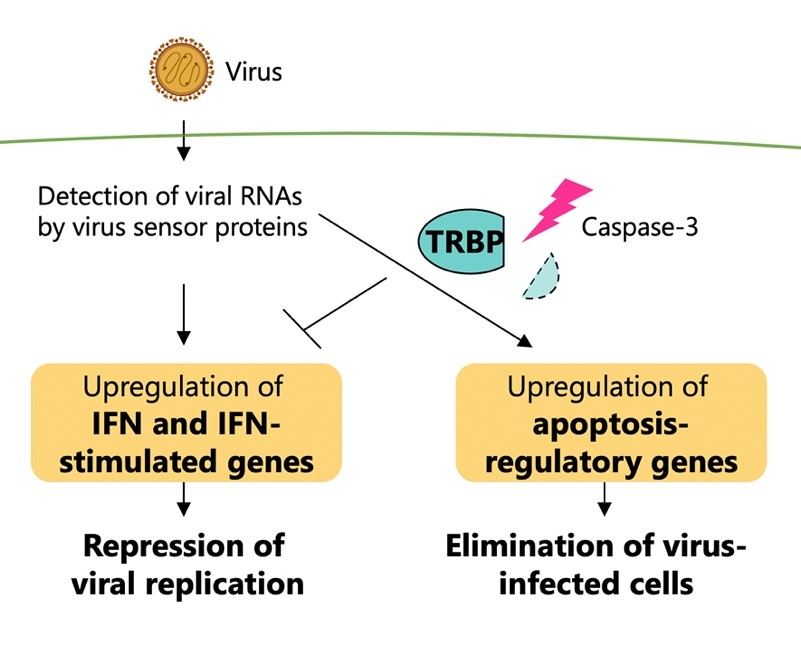Hudson Institute is delighted to announce the success of our researchers in the latest NHMRC Investigator Grant round.
Internationally-renowned childhood sleep expert Professor Rosemary Horne has been awarded more than $2 million to pursue studies investigating the implications of impaired sleep on the developing brain, while Dr Jun Yang has been awarded more than half a million dollars into hypertension research and the role of the hormone, aldosterone.
NHMRC Investigator Grants
Dangerous Dreams: the next era in paediatric sleep research
Professor Rosemary Horne
Professor Rosemary Horne is recognised internationally as leading the field in paediatric sleep research, with more than 200 publications and $7 million of funding devoted to her projects.
Sleep is a ‘window into the developing brain’ and provides us with unique research opportunities. Sleep is vital to adult health, but is even more important for infants and children, when the time spent asleep is at a lifetime maximum. Sleep allows the brain to develop normally and impaired sleep leads to altered neural development and impaired cardiorespiratory function. These changes underpin an increased risk for neurological disorders and cardiovascular disease later in life.
Better sleep in childhood will have a significant impact on child and adult health, and the Australian economy. Currently in Australia, sleep disorders are estimated to cost the economy more than $4.3 billion.
Prof Horne’s goal for the next five years is to determine how impaired sleep alters normal brain development, identify the optimum time for interventions, and potential strategies to improve the long-term health outcomes of infants and children. Prof Horne will
- Identify new targets for improving long-term developmental outcomes in preterm infants
- Understand the mechanisms whereby sleep disordered breathing adversely affects cardiovascular function, behaviour and neurocognition in children to refine treatment thresholds
- Improve sleep in paediatric populations with chronic illnesses to improve quality of life.
Prof Horne will do this by combining routine clinical measurements of sleep with detailed physiological measures including: cerebral oxygenation and cerebral activity, continuous measures of blood pressure and blood pressure control, behavioural and academic assessments across infancy and childhood and MRI imaging. Working with neonatologists, sleep physicians, paediatricians, and health professionals will ensure translation of her research findings into improved clinical practice.
Optimise primary aldosteronism detection for better health outcomes
Dr Jun Yang
Hypertension is a leading risk factor for death and disability globally and affects close to six million adults (34 per cent) in Australia.
To improve blood pressure control and reduce related cardiovascular burden, researchers will need to address the under-diagnosis of an eminently treatable and potentially curable cause of hypertension – primary aldosteronism (PA) or Conn’s Syndrome. PA is characterised by excessive aldosterone production from the adrenal glands. Aldosterone is a hormone involved in salt and water balance. It is necessary for survival but harmful when produced in excess.
PA is the most common secondary cause of hypertension, affecting 5-10 per cent of hypertensive patients in primary care and up to 30 per cent in tertiary centres, based on international studies.
However, the condition is substantially under-diagnosed in Australia, with data suggesting that more than half a million hypertensive Australians are missing out on targeted treatment or cure.
Simply controlling blood pressure is not enough as patients suffer excessive cardiovascular risk caused by aldosterone per se. These complications can be prevented with early diagnosis and treatment. Recent literature suggests only the tip of the iceberg is being detected when it comes to PA.
The issue of under-diagnosis is compounded by the challenging and time-consuming nature of current tests for PA. The diagnostic process can be also costly, involving hospital stays. There is a need for alternative diagnostic tests which are simpler, less operator-dependent and outpatient-based.
Based on these clinical needs, the overarching aim of Dr Yang’s research is to demonstrate that the prevalence of PA is high in Australia, as has been shown in other countries, and establish recommendations for the best strategy to screen and accurately diagnose PA to achieve optimal health outcomes.
Specifically, Dr Jun Yang will
- Define the prevalence of PA and assess the cost-effectiveness of screening in primary care
- Elucidate the optimal time for screening PA to minimise cardiovascular injury
- Develop simple but robust diagnostic tests using state-of-the-art technology.








